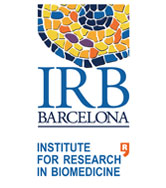 Research and Mobility
Research and Mobility
- ICFO (Spain, Barcelona)
- Joint IRB-BSC-CRG Programme in Computational Biology (Spain, Barcelona)
- Women for Africa Foundation (Spain, Madrid)
- EMBL (Germany, Heidelberg)
- Novartis
- RIKEN CDB (Japan, Kobe)
- MINCyT (State of Argentina)
- Witwatersrand University (South Africa, Johannesburg)
- Guangzhou Institute of Biomedicine and Health (China, Guangzhou)
- Academia Sinica (Taiwan)
The Institute of Photonic Sciences (ICFO) is an international centre of excellence in photonic sciences, developing new technologies and investigating their applications in various fields of research and technology. The Barcelona Super-Resolution Light Nanoscopy Alliance (SLN@BCN) is a joint initiative promoted by ICFO and CRG to boost research and applications of high-resolution advanced light microscopy and nanoscopy technologies in biomedicine. The alliance was founded in 2010, and since then it is continuously developing advanced microscopy and SLN techniques and valorises its related applications. The member institutes provide access to cutting-edge equipment and methodologies, as well as training and support to academic and industrial partners. The SLN@BCN alliance operates a node for super-resolution microscopy as part of the current interim phase activities of the European Research Infrastructure for Imaging Technologies in Biological and Biomedical Sciences (Euro-BioImaging), a large‐scale pan‐European research infrastructure that provides open physical user access to a broad range of state-of-the-art technologies in biological and biomedical imaging for life scientists.
At the end of 2013 the Institut de Recerca Biomedica Barcelona (IRB), the Barcelona Supercomputing Center (BSC), and the CRG established a joint BSC - CRG - IRB Programme in Computational Biology to establish a strong research pole and pursue new advances in computational biology in Europe. The collaborative research programme enables to share resources and services, and to carry out large-scale multifaceted projects in computational biology by integrating research laboratories and facilities at the IRB and CRG with computational resources (such as the MareNostrum supercomputer) and know-how at the BSC.
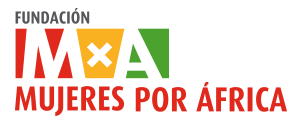
The Women for Africa Foundation is a Spanish private, non-profit entity created in February 2012 by María Teresa Fernández de la Vega, the former vice president of the Spanish Government, to promote equal rights and opportunities for women, so they can contribute to the progress of their continent. Since 2016, the CRG is participating to the Science by Women programme to support and increase the scientific and technological capacities of African women. Every year the Foundation offers prestigious fellowships to recognized senior African woman researchers to do a 6-month research internship in one of the participating Severo Ochoa centres of excellence, including the CRG.
In 2006, the CRG and the European Molecular Biology Laboratory (EMBL) jointly established the EMBL/CRG Research Unit in Systems Biology, funded by the Spanish Ministry of Economy, Industry and Competitiveness (MINECO), to foster research in Systems Biology with the ambitious goal of increasing our understanding of life complexity.
In 2017, the EMBL-CRG partnership further consolidated and expanded to encompass all CRG research programmes. The partnership supports the newly established EMBL Barcelona site, and fosters further collaboration between CRG and EMBL researchers.
As important facet of the EMBL-CRG collaboration focuses on the development and maintenance of a peer European Genome-phenome Archive (EGA) database. The EGA is a service for permanent archiving and sharing of all types of data resulting from biomedical research projects.
At European level, the EMBL and CRG are working together in the framework of the Euro-BioImaging (EuBI) and ELIXIR infrastructure initiatives.
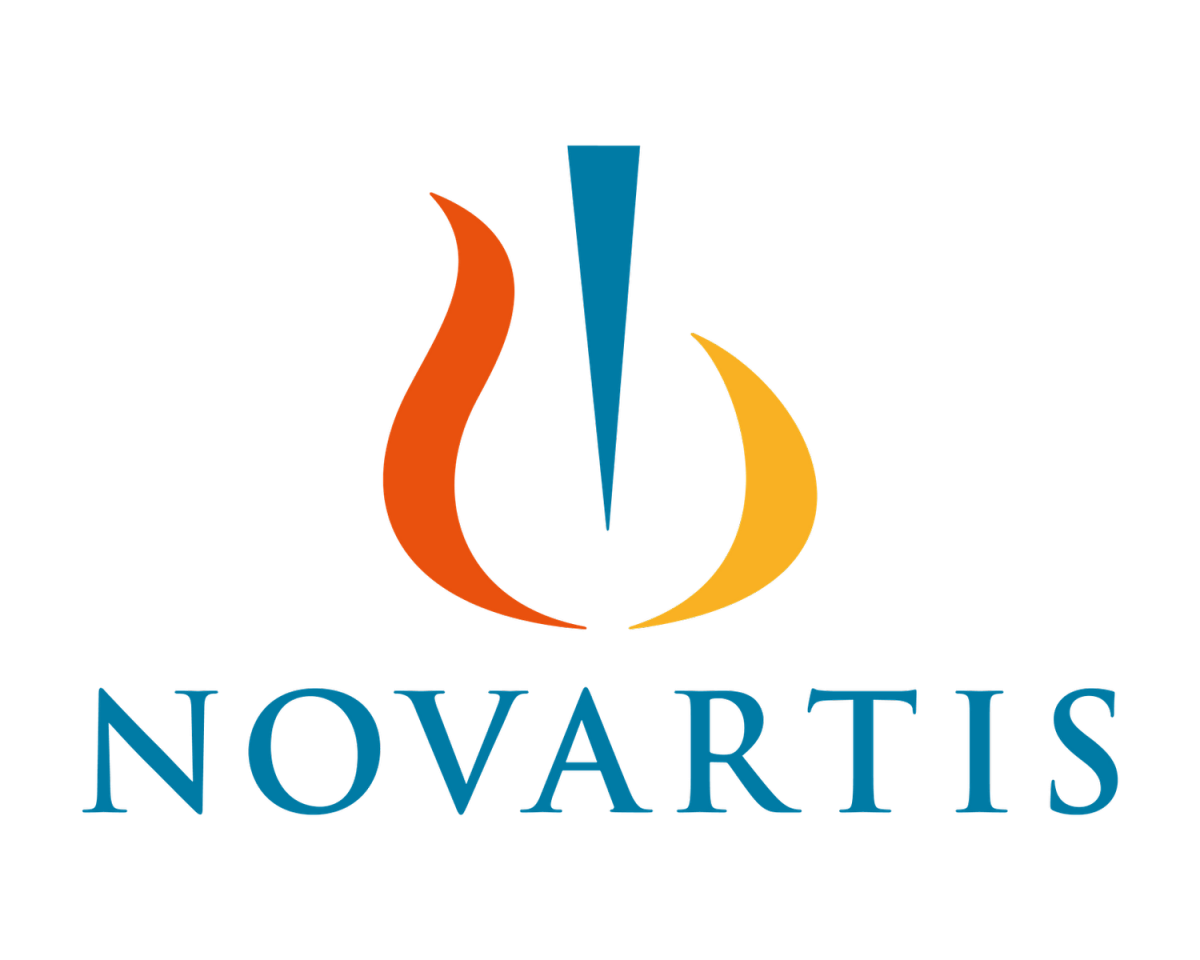
Since 2012 the CRG established a strong collaboration with the pharmaceutical company Novartis to launch the CRG-Novartis-Africa mobility programme to advance bioinformatics, genetics and genomics research in Africa by mentoring young and promising African scientists. The programme allowed annually for up to four early career researchers from African Universities to spend a 6-month internship at the CRG to carry out their own project under the supervision of a CRG principal investigator. Well established senior researchers supported the dissemination of the programme in different African research institutes, and performed the local pre-selection of candidates. The selected African researchers had access to state-of-the-art facilities, participated in high-level CRG training programmes and got the opportunity to build long term collaborations with experts in their field.
In 2012, the RIKEN Center for Developmental Biology (CDB) and the CRG signed a Memorandum of Understanding to foster scientific exchanges in the fields of developmental and regeneration biology, regenerative medicine, and related fields. Both institutes support collaborative scientific projects, as well staff exchange between Kobe and Barcelona.
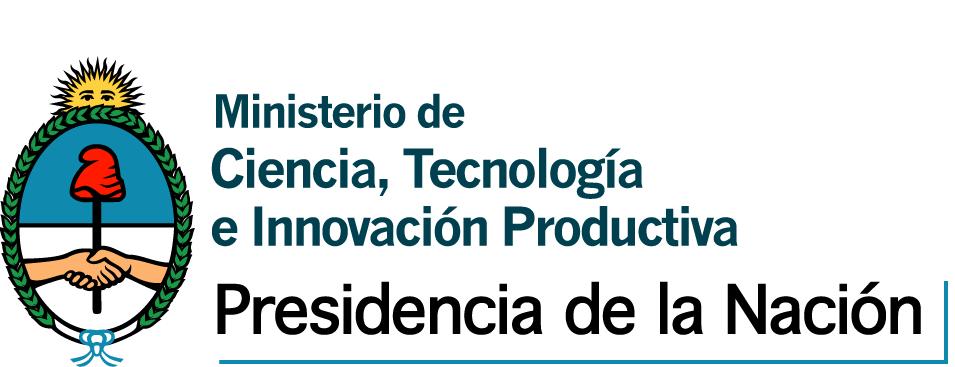
In 2013 the CRG signed a collaboration agreement with the Ministry of Science, Technology and Productive Innovation (MINCyT) in Argentina. The agreement established the creation of a bi-national virtual centre on bioinformatics and related areas. In this framework, we carried out several joint research and exchange activities in collaboration with different Argentinian research institutes and Universities. Several joint training events were also organized, such as the workshop on Personalized Medicine (Buenos Aires, 2014) and two editions of the school on Chromatin and Gene Regulation (Buenos Aires, 2015 and 2016).
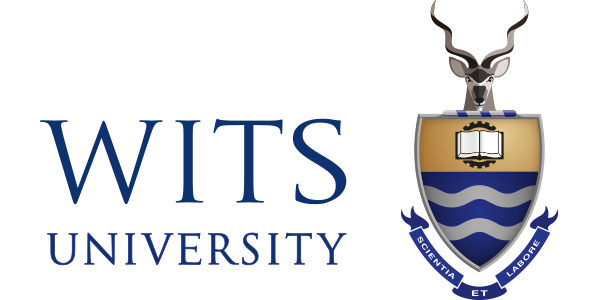
In 2012 the CRG signed collaboration agreements with the University of the Witwatersrand (Wits) to launch the CRG-Novartis-Africa mobility programme and foster new collaborations between CRG and Wits researchers and students´ exchanges. Several activities have been organized including a joint Symposium and Course on “Genomics on the Move” (September 2015), and diverse scientific collaborations are ongoing.
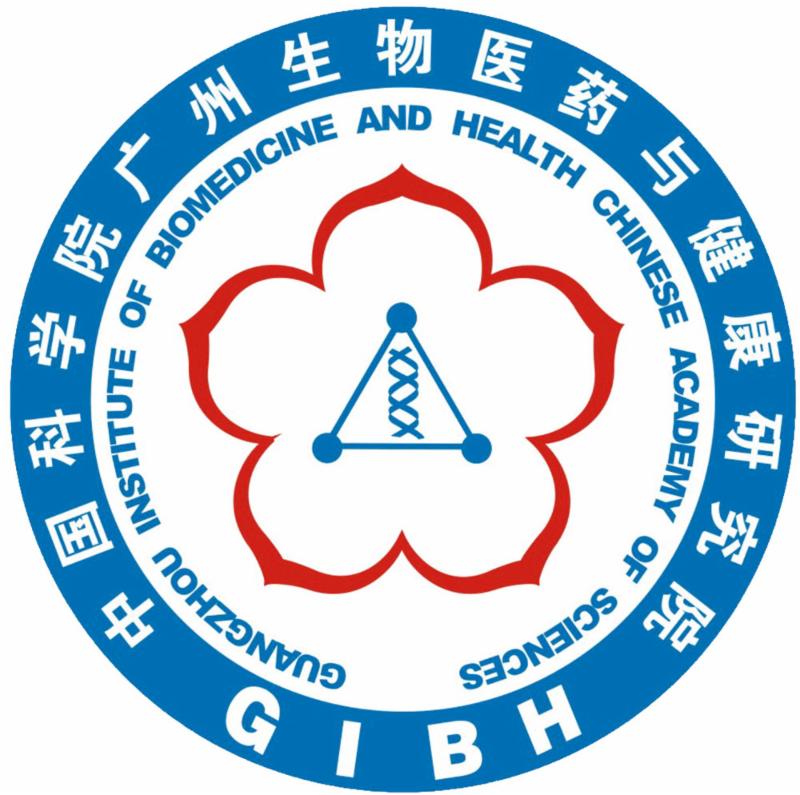
Guangzhou Institute of Biomedicine and Health (China, Guangzhou)
Guangzhou Institutes of Biomedicine and Health (GIBH) is a scientific institute established in 2003 by the Chinese Academy of Sciences (CAS) in partnership with the City of Guangzhou and Guangdong Province to integrate the biological and chemical sciences for the improvement of human health. In 2017 GIBH and CRG signed a Memorandum of Understanding to establish a joint collaboration framework to facilitate mobility of talent, as well as collaborations between their faculty members. Areas of common interest include stem cells and regenerative medicine, genome regulation, epigenetics, reproduction and development.
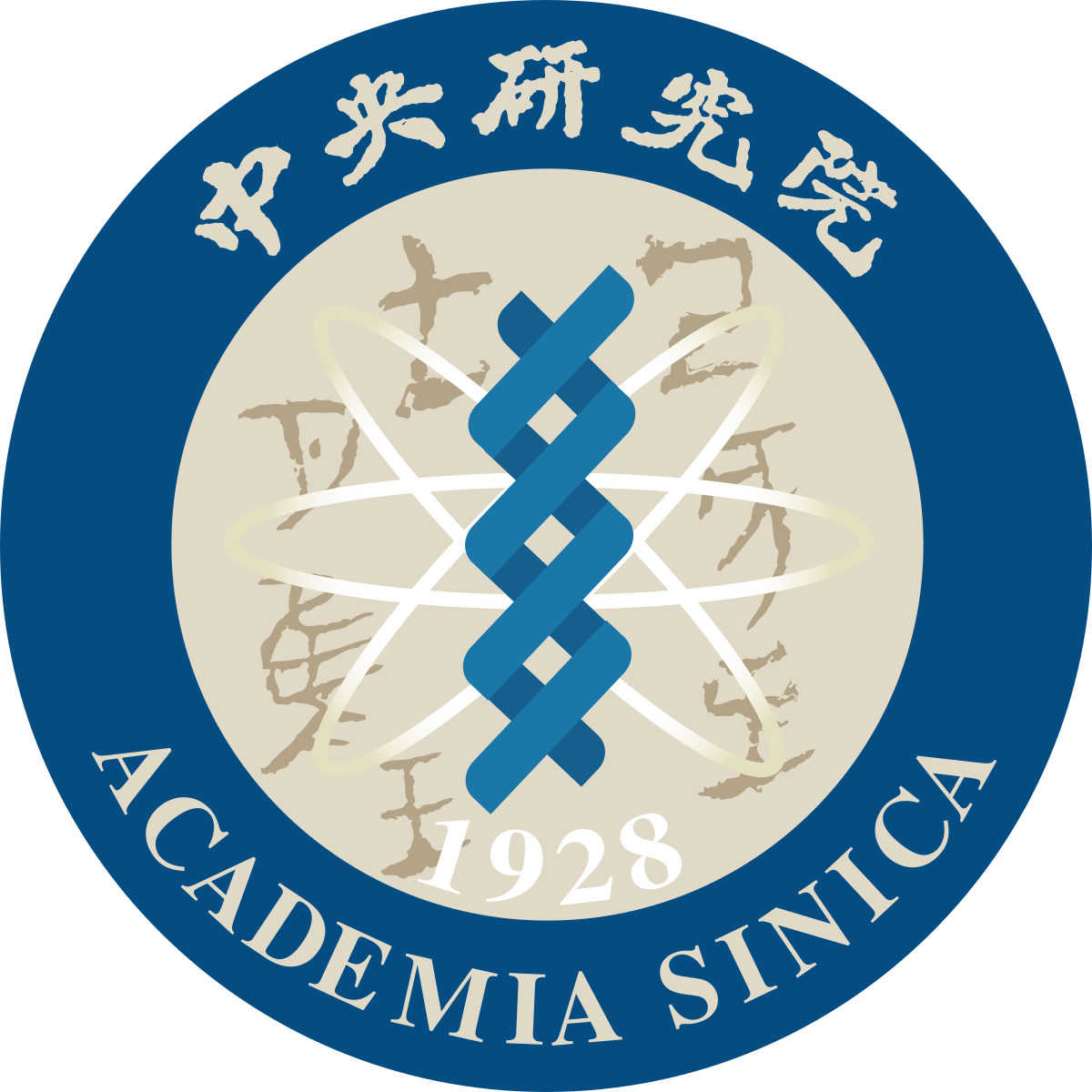
Academia Sinica (Taiwan)
In 2015, the CRG started a collaboration agreement with Academia Sinica to jointly develop and implement projects and initiatives to push forward the field of life sciences, specifically in genomics, bioinformatics, and evolutionary biology. We organized bi-annual meetings with scientists from both institutions, providing a stimulating environment for scientific exchange and debate (Taipei, 2012; and Barcelona, 2014).

